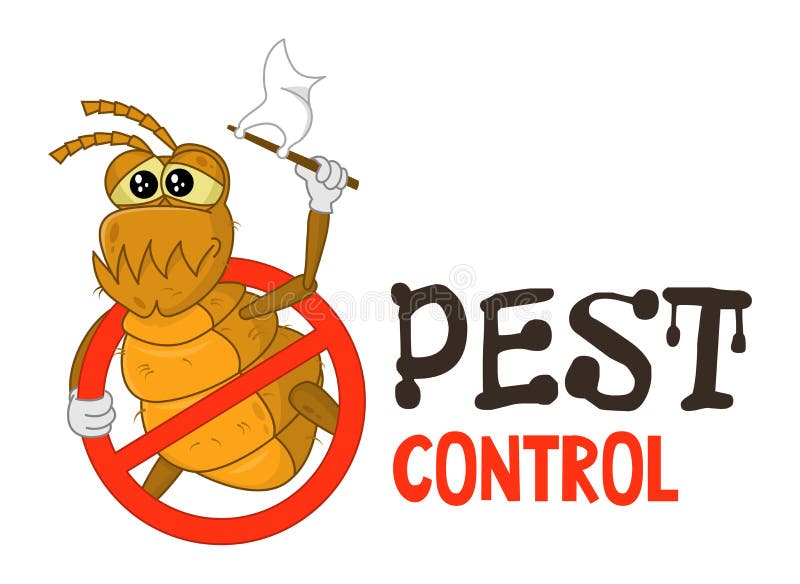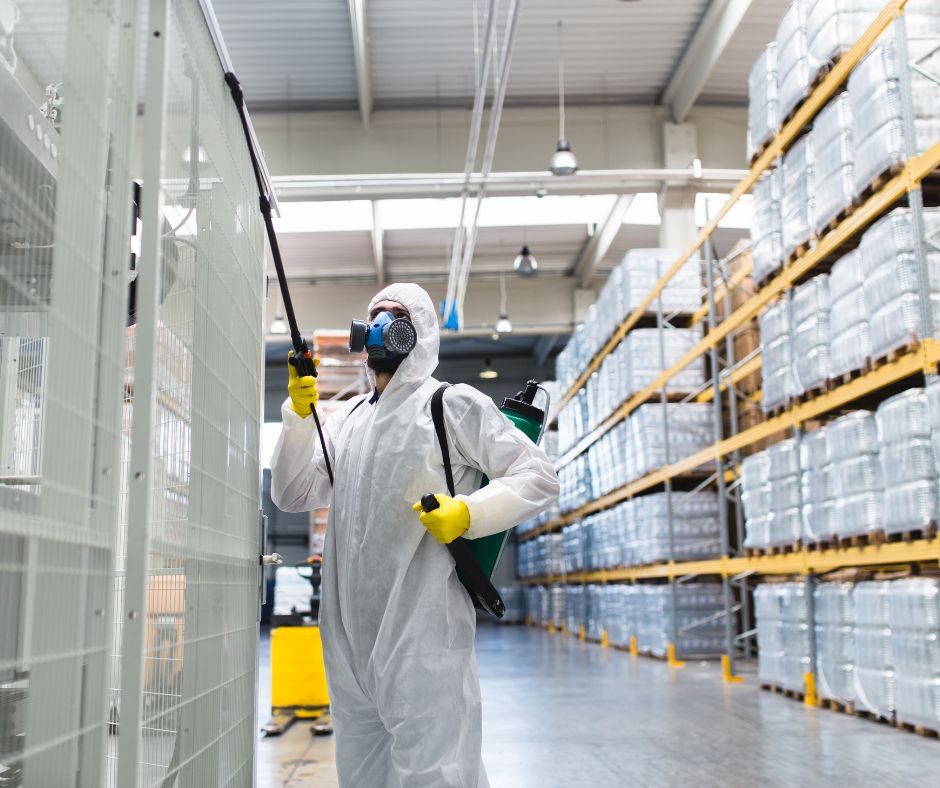Wildlife Removal Services in Port Charlotte for Safe and Humane Solutions
Uncover the Importance of Bug Control in Preserving a Healthy Atmosphere and Treatment Methods

The Role of Insects in Communities
Pests, usually viewed entirely as hassles, play a diverse function in environments that is essential for preserving ecological balance. They contribute significantly to numerous environmental procedures, consisting of pollination, vitamins and mineral cycling, and pest control. For example, many insect species, such as and butterflies, are essential pollinators for a variety of plants, which in turn sustains biodiversity and food manufacturing.
In addition, insects act as prey for many predators, developing a critical link in food webs. This connection guarantees the survival of numerous varieties and assists regulate populaces within ecological communities (Termite treatment Port Charlotte). In addition, decomposer parasites, such as specific beetles and fungi, contribute in breaking down raw material, thus improving soil and helping with nutrition recycling.
Conversely, while parasites can be advantageous, their overpopulation or intrusion into non-native settings may disrupt these ecological functions. This complexity emphasizes the relevance of understanding insect characteristics, as effective pest monitoring techniques should take into consideration both their ecological functions and potential effect on human tasks. Stabilizing pest existence while lessening harm is important for protecting the integrity of environments and making certain farming performance.
Wellness Risks Connected With Bugs
The presence of pests in numerous settings expands past their ecological functions, as they likewise posture significant health threats to pets and humans. Many pests, consisting of rodents, bugs, and bloodsuckers, are service providers of illness that can have serious health and wellness implications. Rodents are recognized to transfer hantavirus and leptospirosis, both of which can lead to severe breathing and renal problems, respectively.
Bugs such as ticks and insects are notorious for spreading vector-borne conditions like malaria, dengue fever, and Lyme condition. These ailments can result in high morbidity and death rates, especially in prone populaces. Furthermore, parasites like vermins and cockroaches can exacerbate allergic reactions and bronchial asthma, adding to respiratory system problems in people, specifically those with pre-existing conditions.
Moreover, the presence of insects can lead to mental stress and pain, impacting general well-being. Contamination of food and surfaces by pest droppings and continues to be can result in foodborne health problems, highlighting the importance of preserving hygienic conditions. Comprehending the health and wellness risks associated with pests is essential in acknowledging the necessity of efficient insect administration techniques to secure animal and human health.

Benefits of Efficient Pest Control
Efficient bug control is crucial for preserving a secure and healthy and balanced setting, as it consistently alleviates the many dangers linked with pest invasions. One of the main advantages of reliable pest administration is the decrease of health and wellness dangers.
Furthermore, reliable parasite control safeguards property and structures from damages. Many bugs, like termites and carpenter ants, can trigger substantial structural damage that look at more info may call for pricey fixings. By proactively taking care of these businesses, property owners and invasions can shield their financial investments.
One more significant advantage is the improvement of overall lifestyle. A pest-free setting adds to mental well-being and reduces stress related to problems. Effective bug control cultivates a much safer environment for kids and pet dogs, making sure that homes stay sanctuaries complimentary from disease-causing microorganisms and harmful chemicals.
Typical Parasite Control Techniques

In the realm of insect administration, numerous methods are utilized to fight problems effectively. These strategies can be broadly categorized into three primary techniques: social, mechanical, and chemical controls.
Social control entails changing practices to lower bug reproduction, survival, and facility. This may include plant turning, correct cleanliness, and environment control, which collectively create an environment much less favorable to pest expansion.
Mechanical control utilizes physical approaches to get rid of parasites (Termite treatment Port Charlotte). Methods such as barriers, vacuum cleaners, and catches are typically made use of to directly eliminate parasites from an area. This technique is particularly efficient for managing rodents and insects without the use of unsafe chemicals
Chemical control involves the application of pesticides to handle bugs. These materials can be classified right into herbicides, insecticides, and fungicides, each targeting particular kinds of parasites. It is essential to utilize these chemicals judiciously, adhering to safety guidelines and guidelines to reduce prospective injury to non-target species and the atmosphere.
Each bug control strategy has its restrictions and benefits, and frequently, an integrated technique incorporating multiple methods generates the best lead to preserving a pest-free atmosphere.
Sustainable Insect Administration Practices
Lasting parasite monitoring techniques encompass a series of techniques developed to lessen pop over to this web-site environmental impact while effectively controlling insect populations. These practices prioritize the usage of ecologically friendly methods over chemical pesticides, thereby reducing the risk of damage to non-target species, consisting of beneficial bugs, wildlife, and humans.
Integrated Bug Management (IPM) is a keystone of sustainable techniques, combining organic, cultural, mechanical, and chemical techniques to manage pests. Biological control entails introducing natural predators or parasites to subdue parasite populations. Cultural techniques, such as crop turning and polyculture, interrupt pest life process and improve ecosystem durability.
Mechanical methods, such as catches or obstacles, can properly stop pest accessibility without chemical treatment. Additionally, maintaining healthy communities with appropriate dirt monitoring, plant health, and biodiversity can naturally alleviate parasite concerns.
Education and recognition are vital elements, encouraging individuals and neighborhoods to recognize pest risks early and implement preventative steps. Termite treatment Port Charlotte. By fostering an all natural technique that balances insect control with eco-friendly integrity, sustainable bug management methods not only shield crops and frameworks but likewise add to a much healthier environment for future generations
Final Thought

Recognizing the wellness threats connected with bugs is important in recognizing the need of efficient insect management strategies to guard animal and human health.
Reliable parasite control is necessary for preserving a secure and healthy environment, as it constantly minimizes the various dangers associated with pest invasions.Integrated Bug Monitoring (IPM) is a foundation of sustainable techniques, integrating biological, cultural, mechanical, and chemical tactics to handle pests. By comprehending the duty of insects, identifying associated health and wellness risks, and utilizing varied treatment methods, a lasting approach to pest administration can be attained. Integrated Insect Monitoring (IPM) emphasizes an all natural approach that minimizes harm to beneficial microorganisms while efficiently regulating click here for more pest populations.